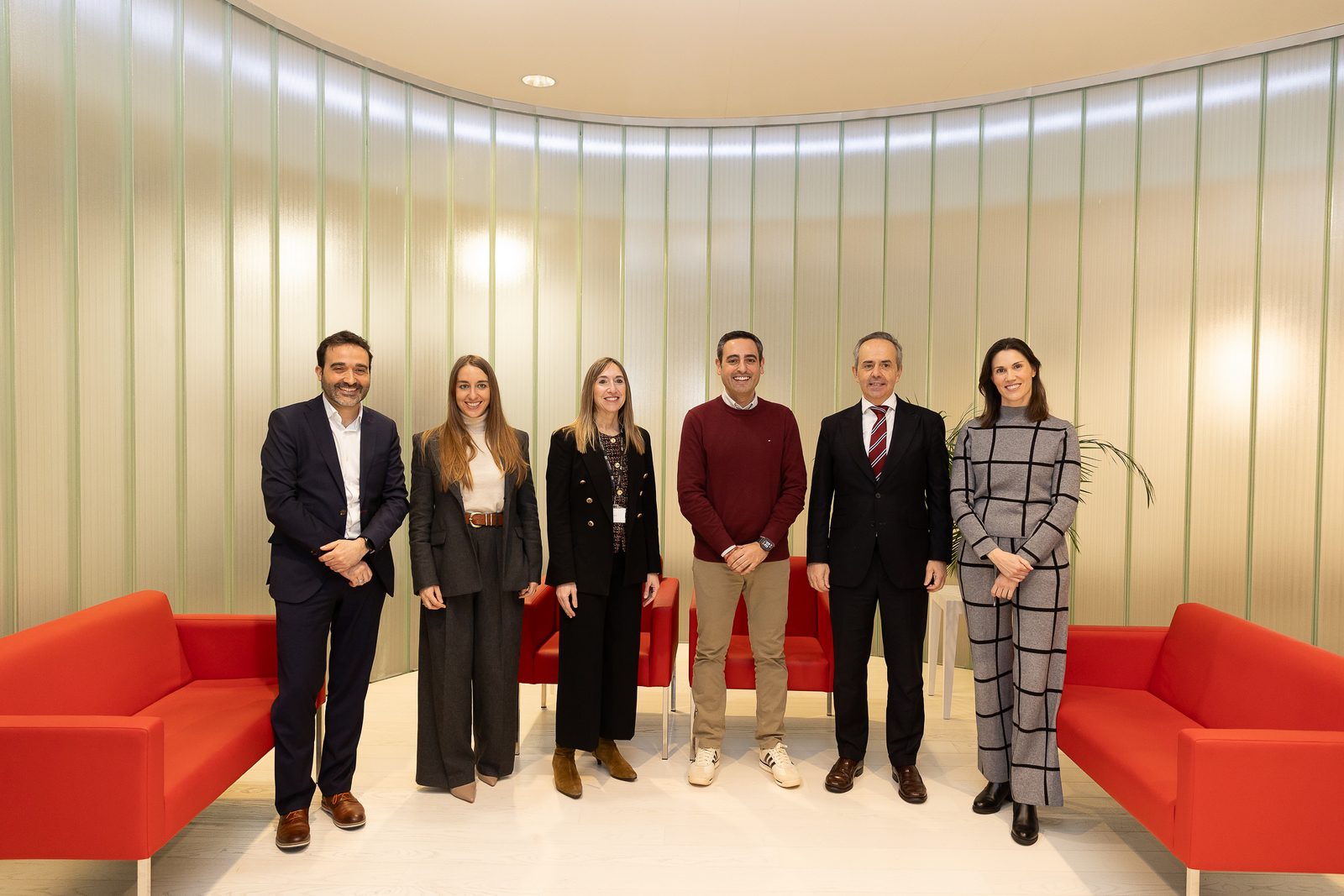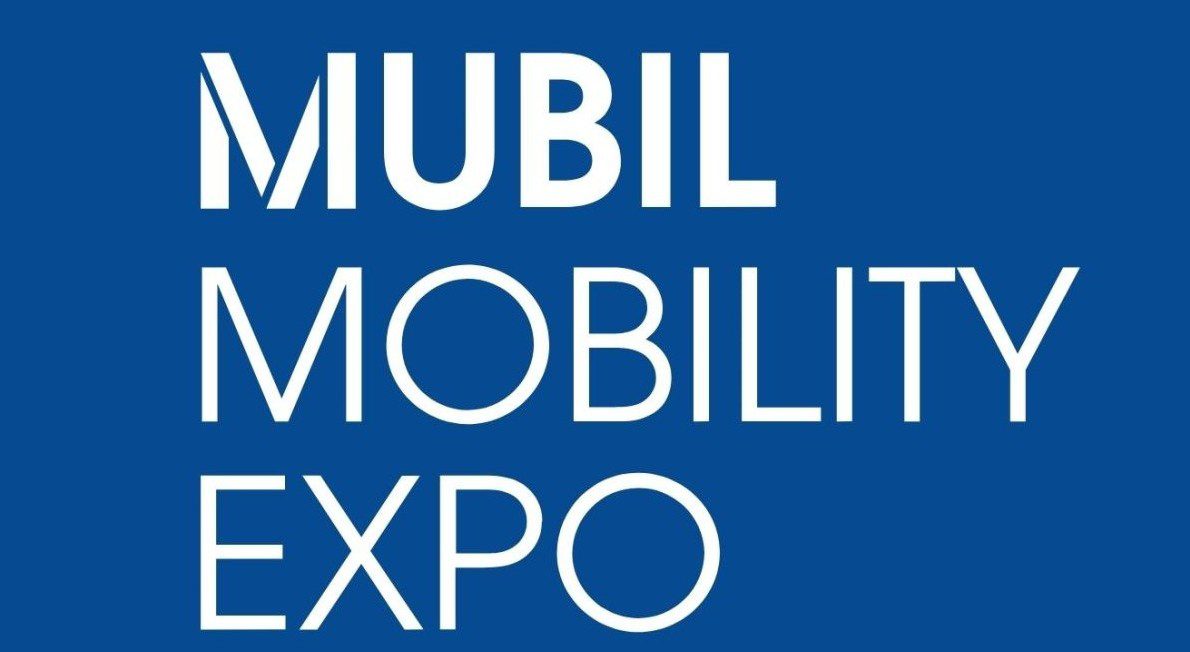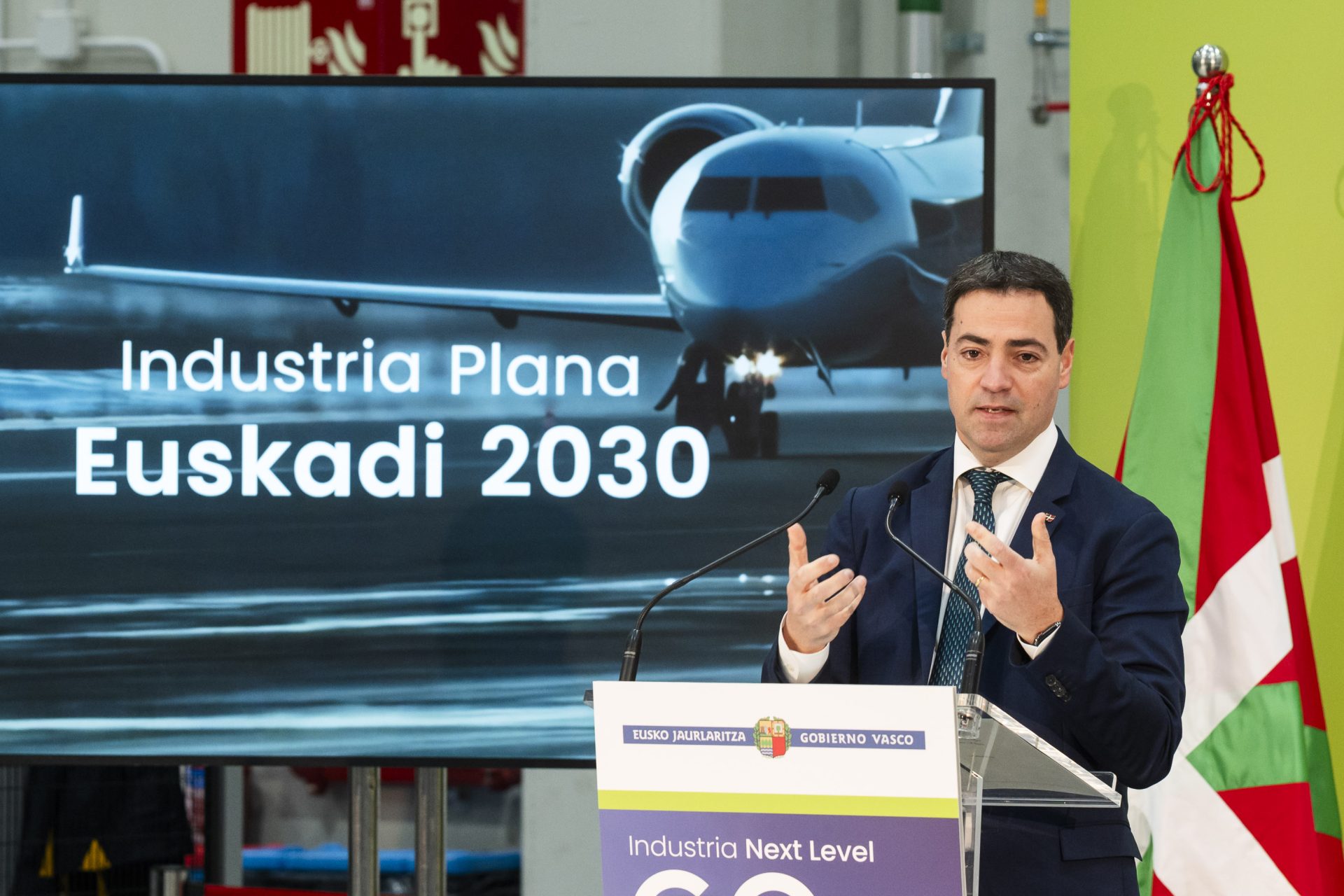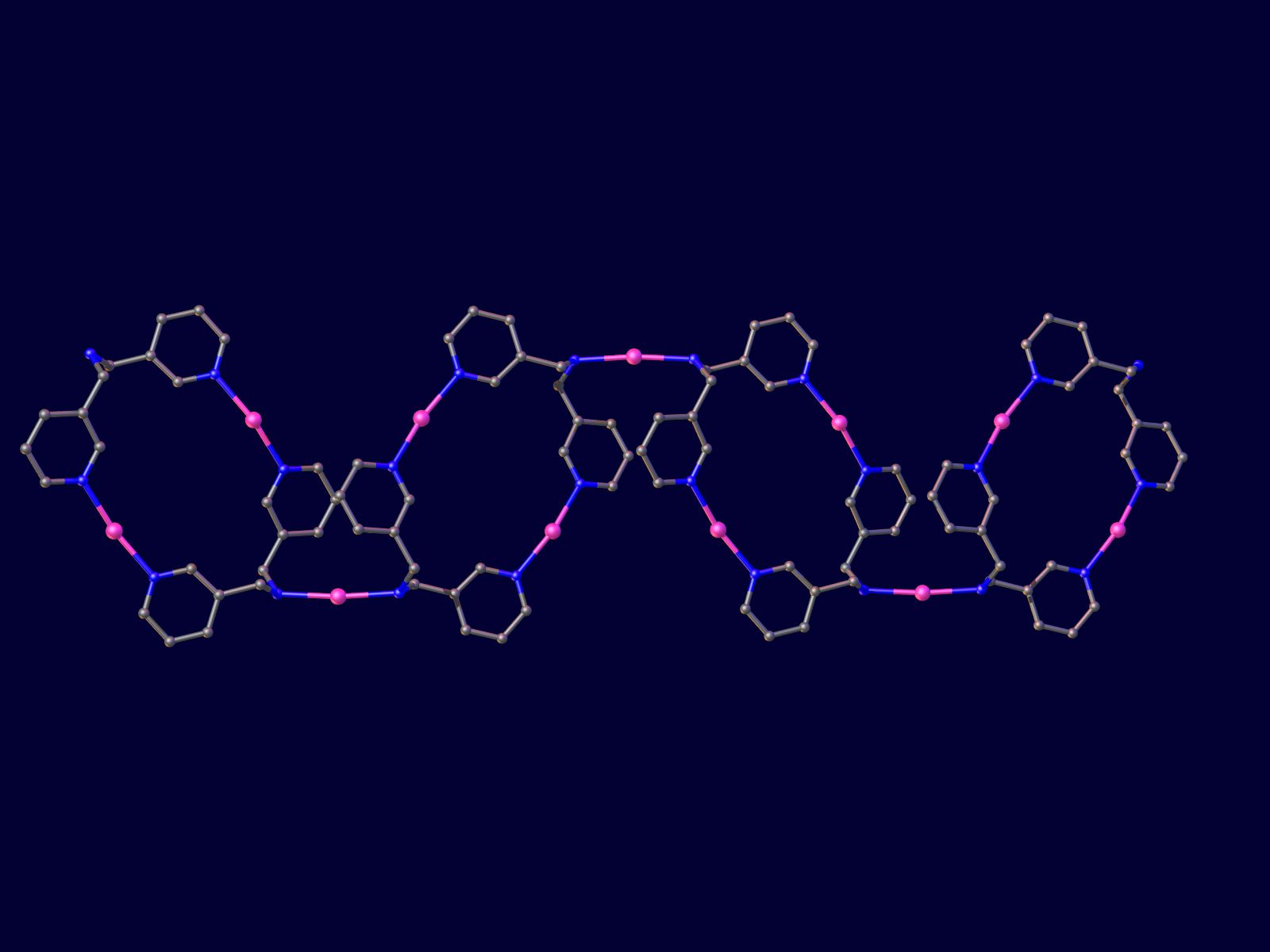June Ereño-Orbea, researcher at CIC bioGUNE, recognised with the National Award for Young Leaders in Research from the RSEQ Specialised Group on Biological Chemistry
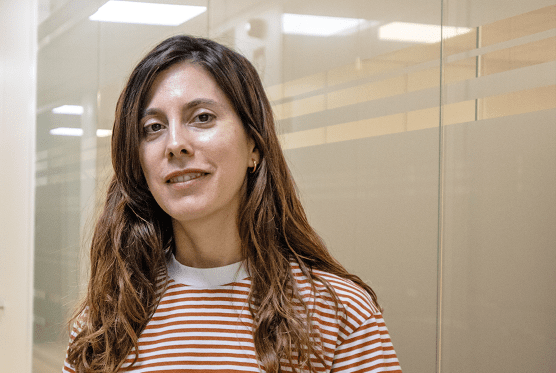
Dr June Ereño-Orbea has received the RSEQ Specialised Group in Biological Chemistry National Award for Young Leaders in recognition of her outstanding scientific career and innovative work in the field of glycoimmunology.
Her research focuses on understanding how glycans and immune receptors modulate the response to cancer, opening up new avenues for the development of personalised therapies.
Dr June Ereño-Orbea, Ikerbasque researcher and leader of the Cancer Glycoimmunology Group at CIC bioGUNE, member of BRTA, has been awarded the National Prize for Young Leaders in Research Groups by the Specialised Group of Biological Chemistry of the Royal Spanish Society of Chemistry (RSEQ), now in its sixth edition.
This prestigious award recognises Dr Ereño-Orbea’s outstanding scientific career in the field of glycoimmunology, an emerging discipline that investigates the role of glycans, sugars present on the cell surface, in the regulation of the immune system. Her integrative approach, which combines chemistry, cellular, molecular and structural biology, together with immunology, focuses on the study of Siglec receptors as potential therapeutic targets for cancer immunotherapy.
As part of this award, Dr Ereño-Orbea has been invited to give a plenary lecture at the next GEQB ChemBio Group Meeting, to be held in San Sebastián in 2026.
With a degree and PhD in Molecular Biology and Biomedicine from the University of the Basque Country (UPV/EHU), Dr Ereño-Orbea completed her postdoctoral training at the Hospital for Sick Children (SickKids, Canada), where she characterised the CD22 receptor (Siglec-2), which is key in the regulation of B cells and in therapies such as CAR-T.
She also participated in international projects on HIV vaccines with the Scripps Research Institute (USA). In 2019, she joined CIC bioGUNE as an Ikerbasque researcher, and since 2024 she has led the Cancer Glycoimmunology Laboratory.
Her work has been recognised with distinctions and awards, such as the Leonardo grant from the BBVA Foundation, the Ramón Areces Foundation grant, the Mizutani Foundation grant, and the Banting grant from Canada, among others. She actively collaborates with leading international institutions, as well as with various entities in the Basque scientific ecosystem.
The group he leads investigates how tumour microenvironment conditions, such as hypoxia, nutrient availability and immunosuppressive signals, affect the functionality of T cells, which are essential for an effective immune response to cancer.
Through a multidisciplinary approach, his team develops new therapeutic strategies focused on modulating the hypoxia detection system, studying epigenetic modifications induced by the tumour environment and designing adapted cell therapies.
The laboratory also explores the role of Siglec receptors as glycan-mediated immune checkpoints, whose activation can suppress the immune response to the tumour. Using tools such as X-ray crystallography, cryo-electron microscopy, antibody engineering, and rational protein design, their goal is to understand these interactions at the molecular level and develop more effective, precise, and personalised therapies against cancer.
